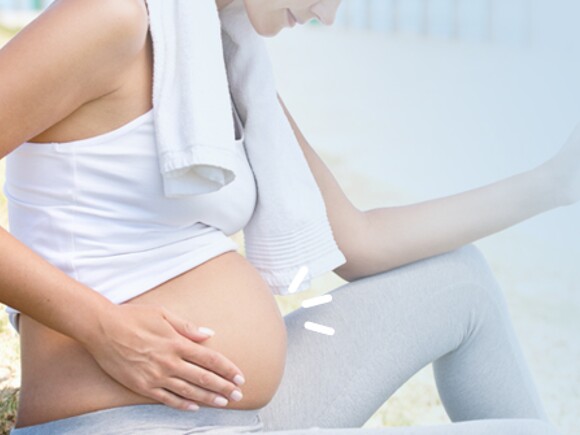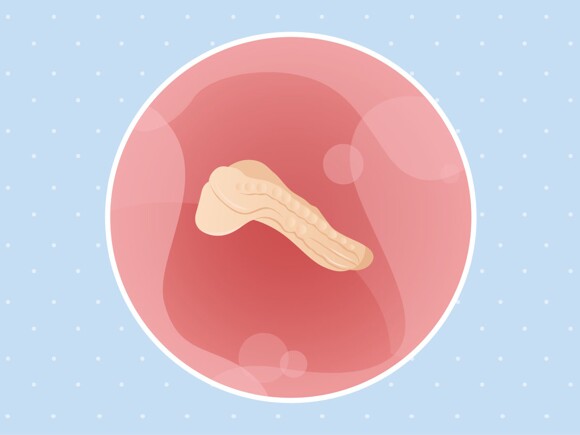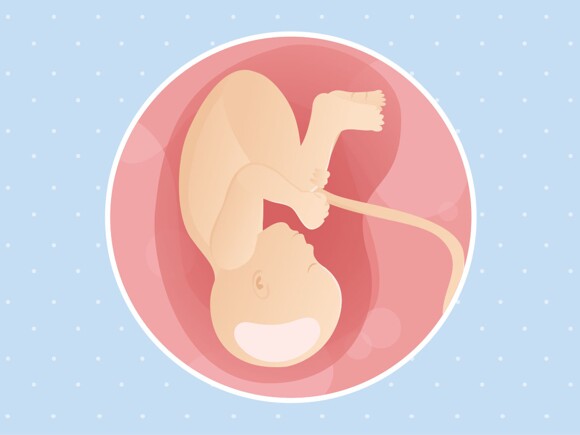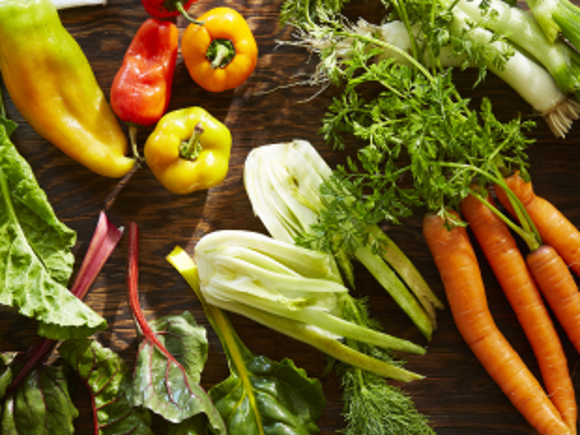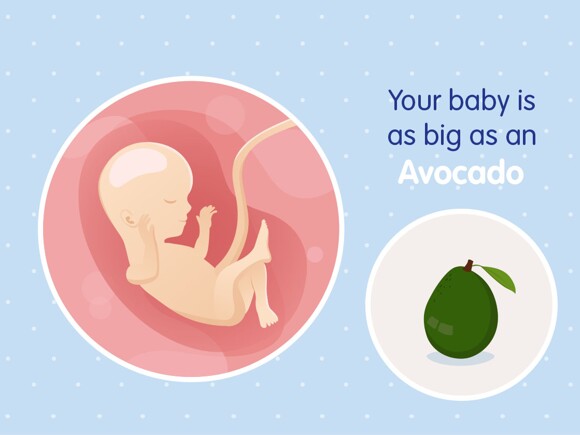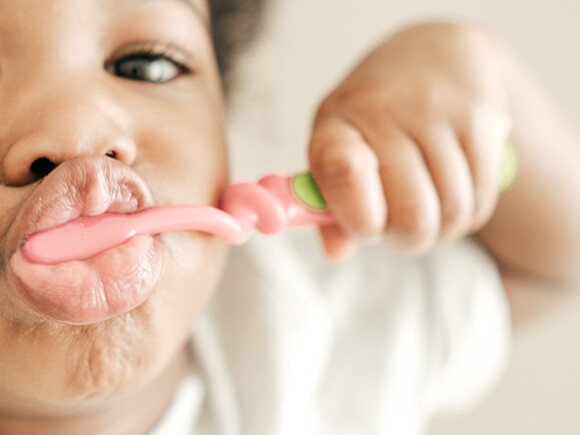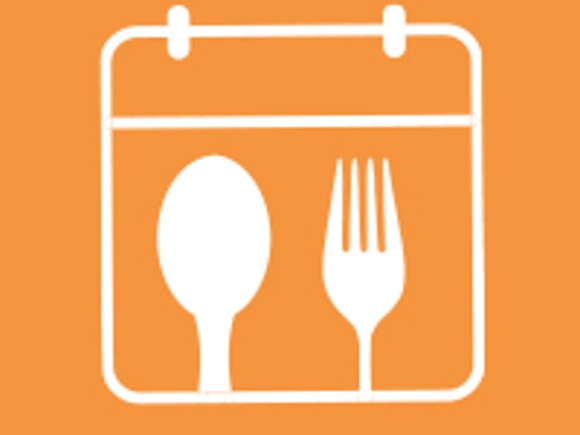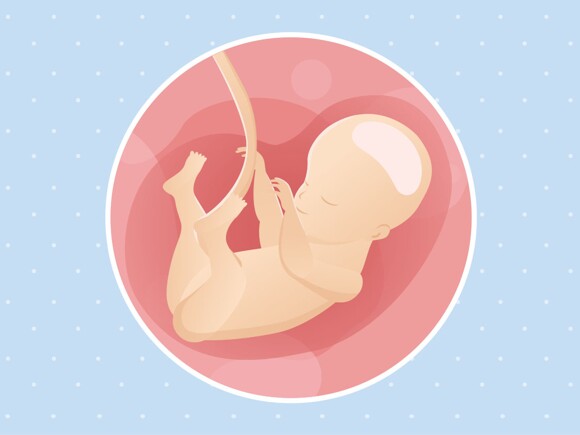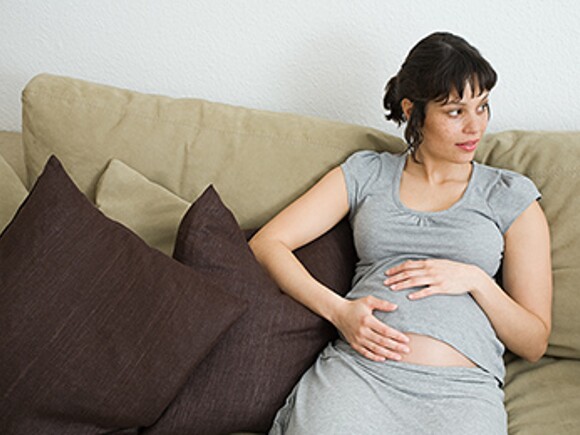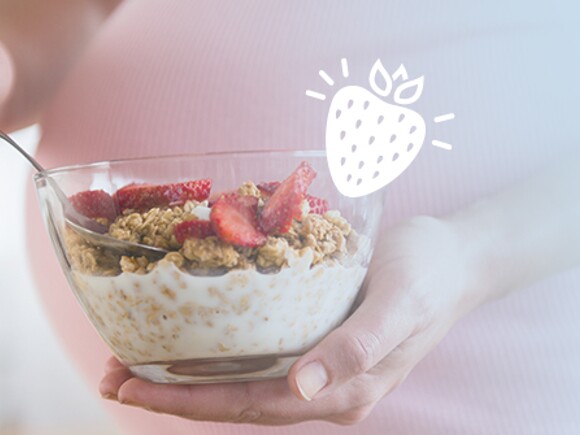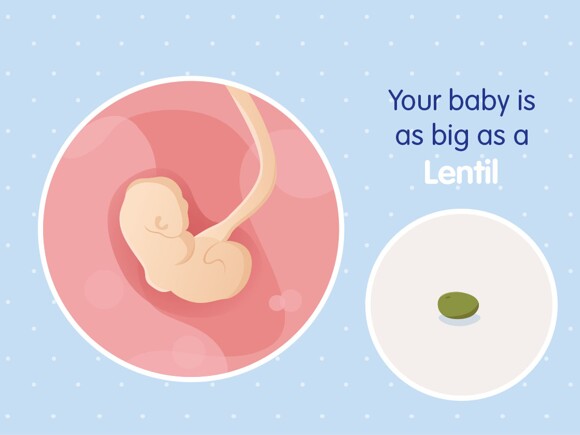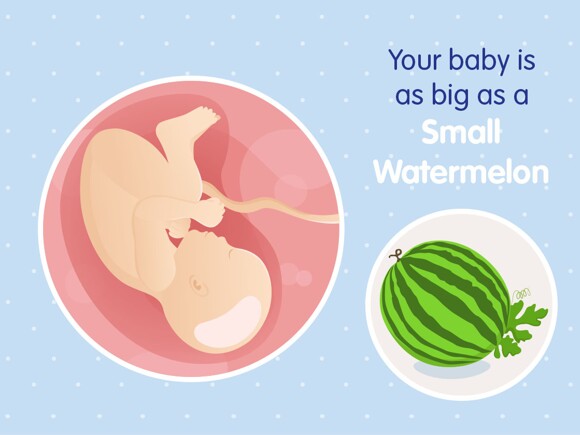Critical foods to help you get pregnant
Pregnancy diet
During pregnancy, ensuring a well balanced diet is your best bet to guarantee your baby will have everything it needs. But people often don't know that it takes time to build up sufficient reserves of certain vitamins. So, it’s important to stock up on them prior to conception if you are trying to conceive.
Folic acid for the Foetus’ nervous system
Folic acid is also known as vitamin B9 and is particularly important at the very beginning of your pregnancy. Your needs will increase as the maternal tissues expand (blood, uterus, etc.). The requirements are estimated to be 0.6mg/day for pregnant women, compared to 0.4mg/day in the general population. Folic acid plays a major role in the good functioning of the nervous system of the foetus and plays a role in the development and production of red blood corpuscles.
A folic acid supplement is recommended for a period of four weeks before conception; as well as during the first trimester of your pregnancy. It is therefore useful to have a pre-conception check-up.
If you did not have any folic acid before or at the start of your pregnancy, don't worry about it. Remember that a varied and balanced diet will allow you to cover all or part of your daily requirements.
The following foods are rich in folic acid:
- Green vegetables (spinach, cabbage, leek, lettuce, green beans and peas) and other vegetables such as beetroot and carrots;
- Poultry giblets, liver;
- Egg-yolk
- Legumes (lentils, chickpeas, maize, etc.);
- Fruit (oranges, red fruit, etc.);
- Cheeses such as, Camembert, blue cheese, etc., but pasteurized.
- Red meat, calf's liver;
- White meat, cooked fish
- Eggs;
- Cocoa…
Iron for transporting oxygen
The overall iron requirement during pregnancy is significantly greater than that in the non-pregnant state. This is why it is important to pay attention to your iron intake throughout pregnancy.
The need for iron, however, varies during each trimester of pregnancy. Iron requirements decrease during the first trimester because menstruation stops. During the second trimester, iron requirements begin to increase throughout the remaining pregnancy. The degree to which these increased requirements can be met depends on the size of iron stores at the start of pregnancy and on the amounts of dietary iron that can be absorbed during pregnancy.
Iron, as the main constituent of hemoglobin, allows the red blood corpuscles to transport the necessary oxygen to the cells. It is important for both the mother and the baby as it is involved in the neurological development of the embryo.
The following foods are rich in iron:
- Red meat, calf's liver
- White meat, cooked fish
- Legumes
- Eggs
How do I boost my iron absorption?
Simply consume vitamin C! For instance, eat a piece of citrus fruit or kiwi for dessert.
Finally, if your blood test reveals a severe deficiency (or if you are vegetarian or are expecting twins, etc.), your doctor may prescribe an iron supplement. Keep it up!








